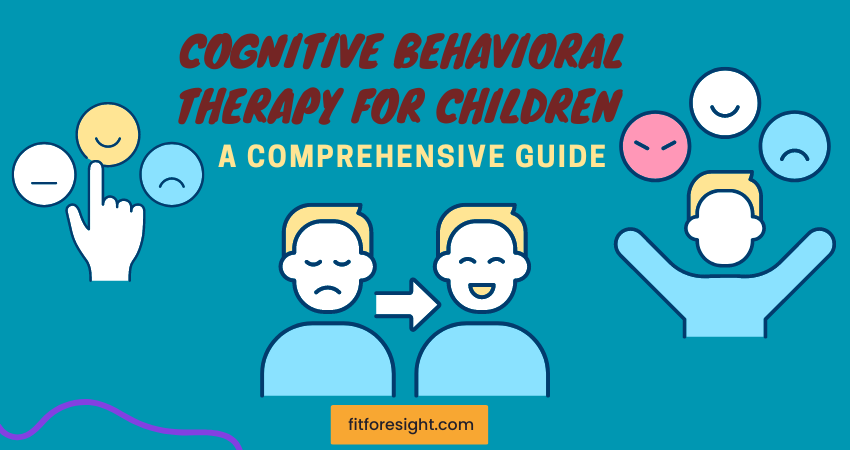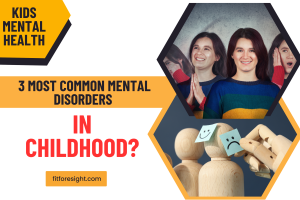Cognitive Behavioral Therapy (CBT) is a type of psychotherapy that has been found to be effective in treating a wide range of mental health disorders in children. Unlike traditional talk therapy, CBT focuses on the connection between thoughts, feelings, and behaviors, with the goal of changing negative thought patterns and behaviors that contribute to mental health issues. In this article, we’ll explore the benefits of CBT for children, what to expect during therapy sessions, and how parents can support their child’s mental health.
What is CBT for Children?
CBT is a goal-oriented approach that focuses on changing negative thought patterns and behaviors. The therapist helps the child identify negative thoughts and beliefs, and teaches them how to replace them with positive, more realistic thoughts. This can help the child to change negative behaviors that contribute to their mental health issues. CBT is often used to treat anxiety, depression, obsessive-compulsive disorder (OCD), and post-traumatic stress disorder (PTSD) in children.
What are the Benefits of CBT for Children?
There are many benefits to CBT for children, including:
- Improved mood and emotional regulation
- Reduced anxiety and worry
- Improved self-esteem
- Improved coping skills
- Improved social skills and relationships with peers
- Improved academic performance
What Happens During a CBT Session?
CBT sessions are typically structured and goal-oriented. The therapist and child work together to identify specific goals for therapy and develop a plan to achieve those goals. During sessions, the therapist may use a variety of techniques to help the child change their negative thought patterns and behaviors. These may include:
- Cognitive restructuring: helping the child identify and change negative thought patterns and beliefs
- Exposure therapy: gradually exposing the child to feared situations in a safe and controlled environment to help them overcome their anxiety
- Behavioral activation: encouraging the child to engage in positive activities to improve their mood and reduce their symptoms
- Relaxation techniques: teaching the child relaxation techniques, such as deep breathing and progressive muscle relaxation, to reduce anxiety and stress
How Can Parents Support their Child’s Mental Health?
Parents can play an important role in supporting their child’s mental health during CBT and beyond. Here are some ways parents can help:
- Encourage open communication: encourage your child to talk openly about their feelings and experiences
- Model positive coping skills: model healthy coping skills, such as deep breathing and positive self-talk
- Reinforce positive behaviors: praise your child for positive behaviors and accomplishments
- Be patient: CBT is a process and it may take time for your child to see progress
- Be involved: attend therapy sessions with your child and be an active participant in their treatment
Conclusion
Cognitive Behavioral Therapy is an effective treatment option for children with a wide range of mental health disorders. It can help improve mood, reduce anxiety, and teach children valuable coping skills. If you are considering CBT for your child, it is important to find a qualified therapist who specializes in working with children. With the right support, your child can learn to manage their mental health issues and thrive.
FAQs
- Is CBT safe for children?
- Yes, CBT is generally considered safe for children when conducted by a qualified therapist.
- How long does CBT take for children?
- The length of CBT treatment for children varies depending on the child’s specific needs and goals, but treatment typically lasts between 12 and 20 sessions.
- Can CBT be used with medication?
- Yes, CBT can be used in conjunction with medication for some mental health disorders.
- How can I find a qualified CBT therapist for my child?
- You can start by asking your child’s pediatric

























Add Comment